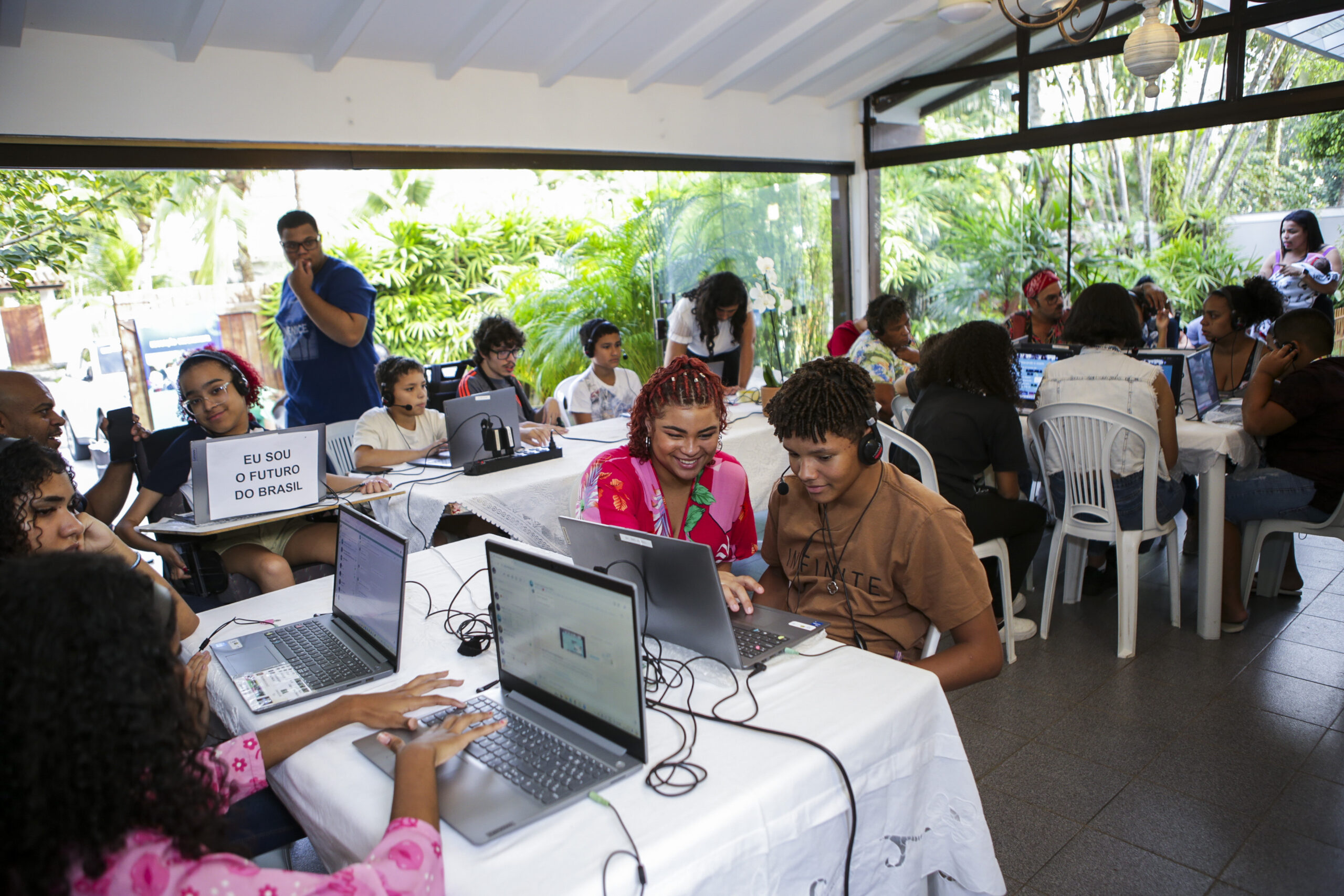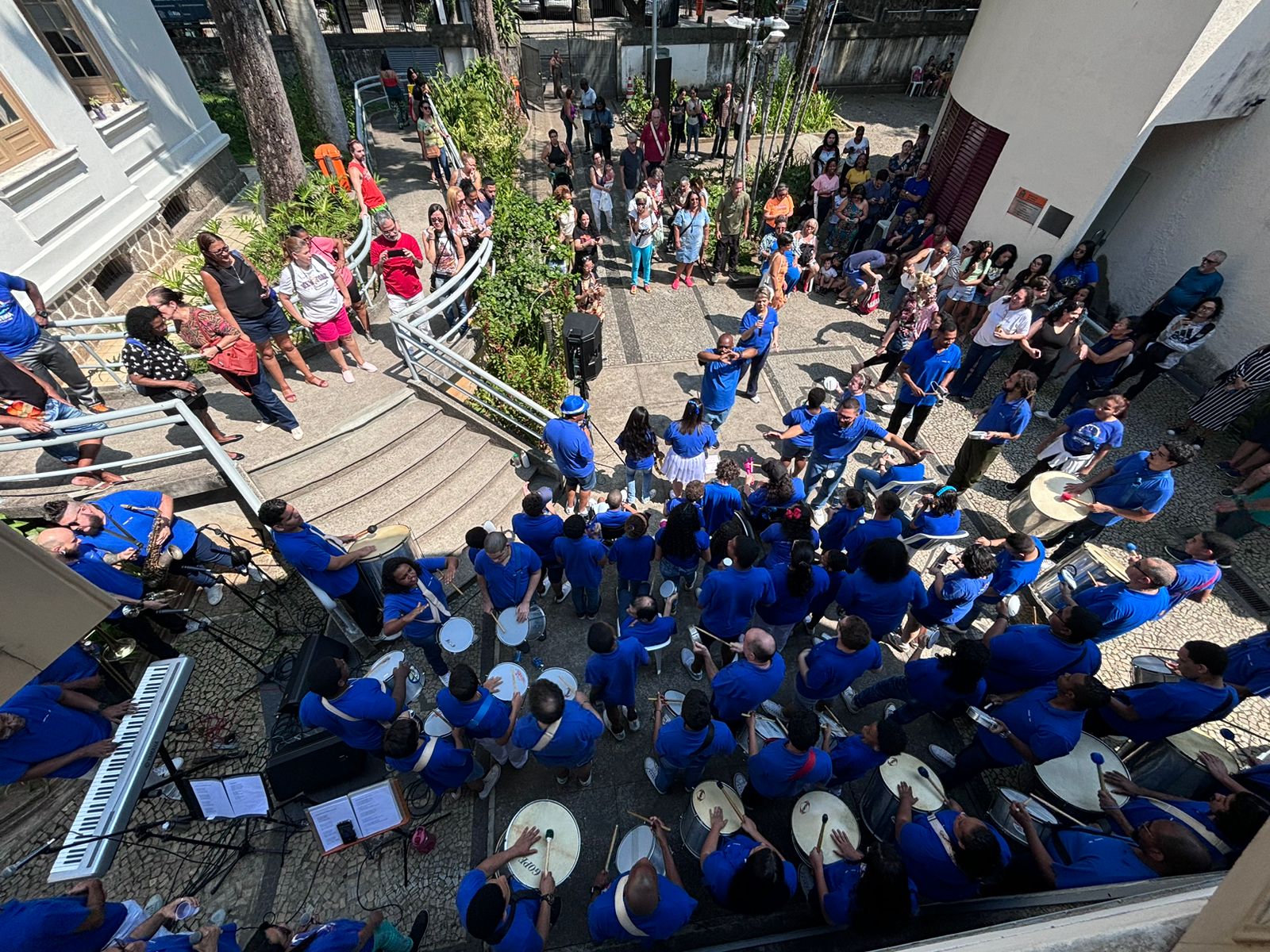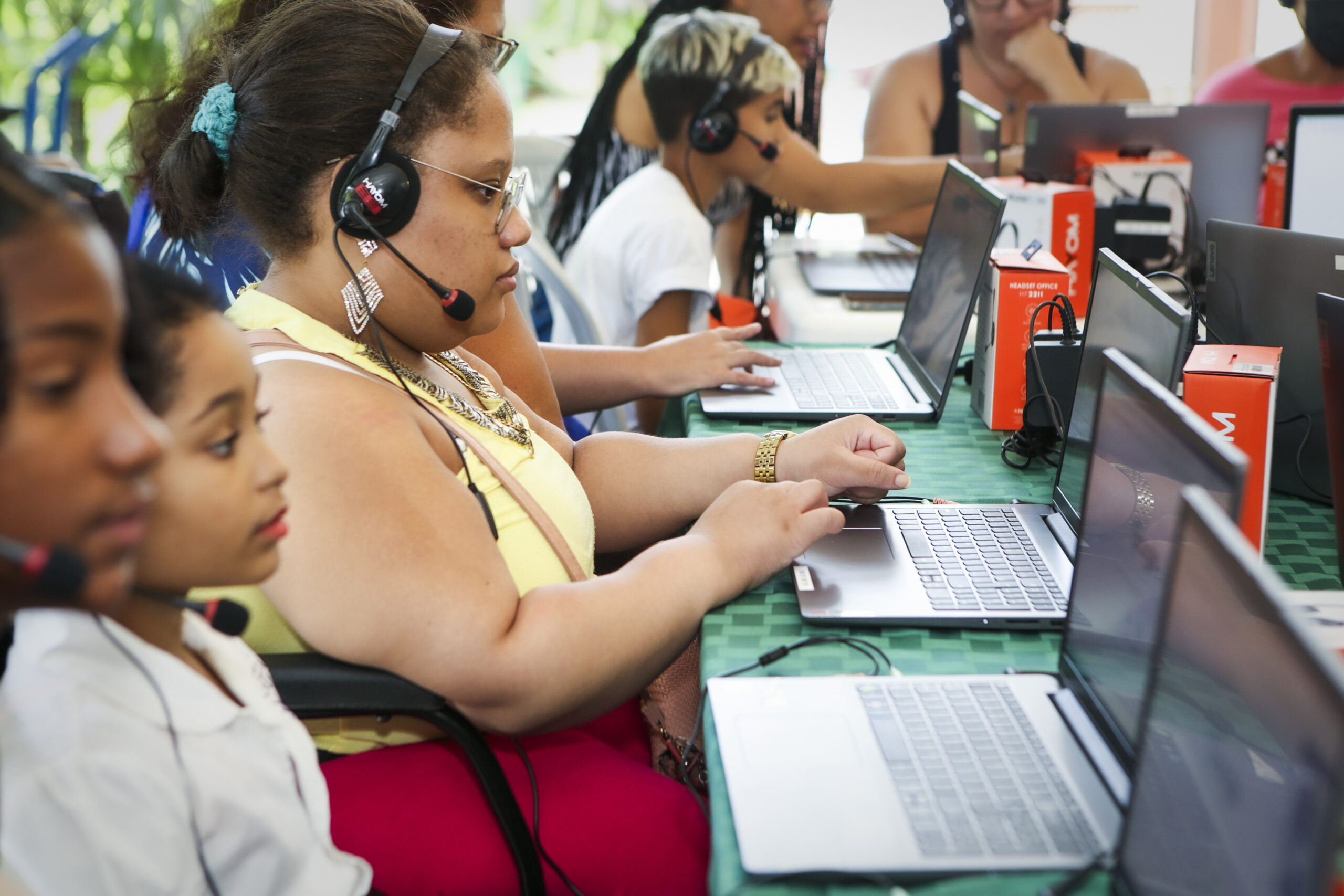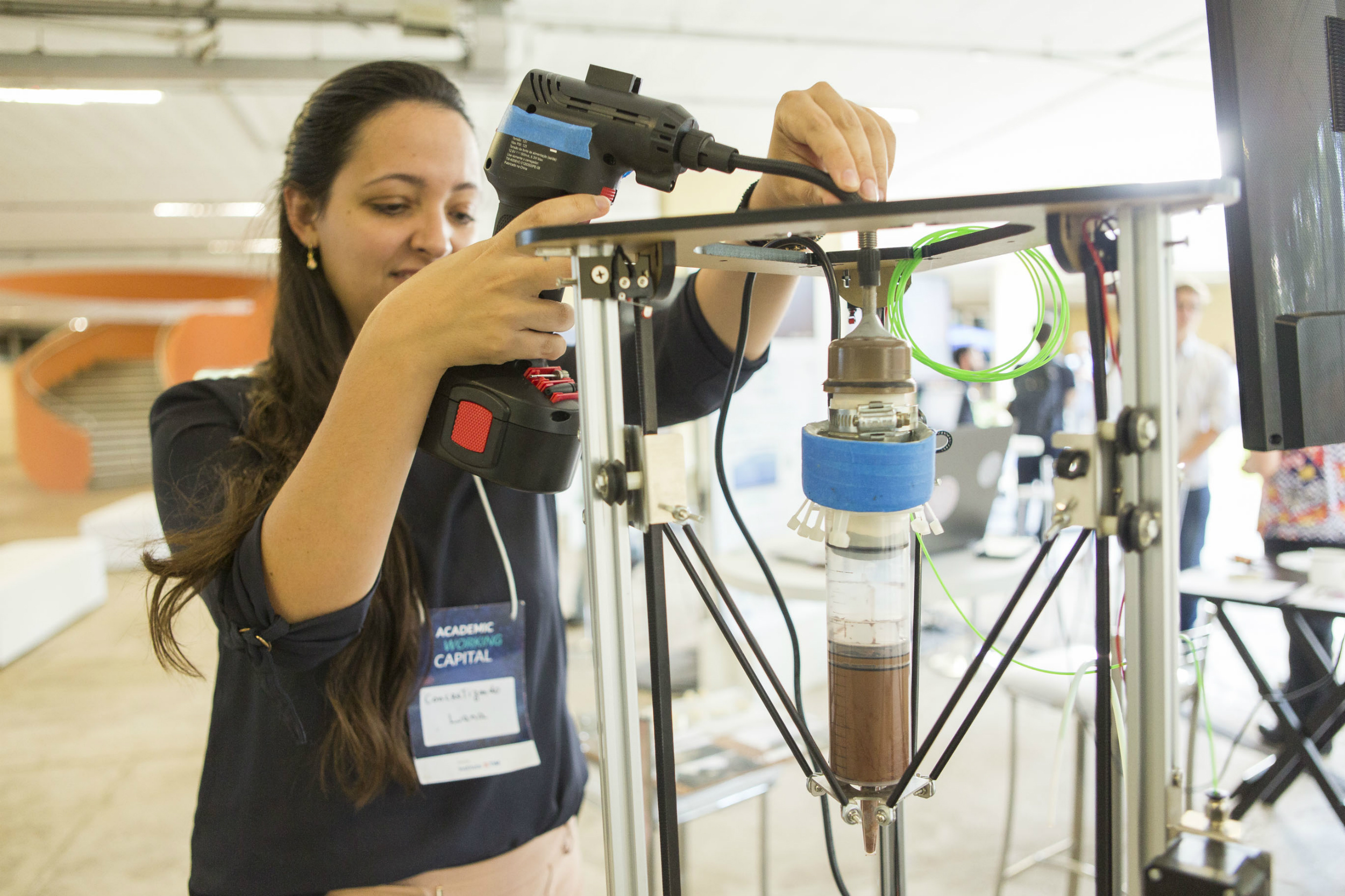
Brazil still has a lot to improve when it comes to education. Pearson International’s ranking “The Learning Curve” placed the country in the penultimate position among 40 nations when it comes to quality in education. When it comes specifically to Math, the result is even worse: in the latest International Student Assessment Program (PISA), Brazilian students ranked 65th out of 70 nations in Math.
The difficulty in learning Math as a child is reflected later in adulthood. A survey conducted by Instituto TIM in 2015 with 2,632 people in 25 Brazilian cities showed that 75% of respondents cannot perform simple averages and understand fractions; 63% and 69% have difficulty with percentages and interest rate accounts, respectively; and 85% do not know how to estimate approximate numbers. Parents that do not follow up children influences their competences: another survey, also from the Instituto TIM, showed that parental knowledge is equivalent to 1 year and a half of classes, that is, it accounts for 80% of the difference between a child being in the 3rd or in the 5th grade.
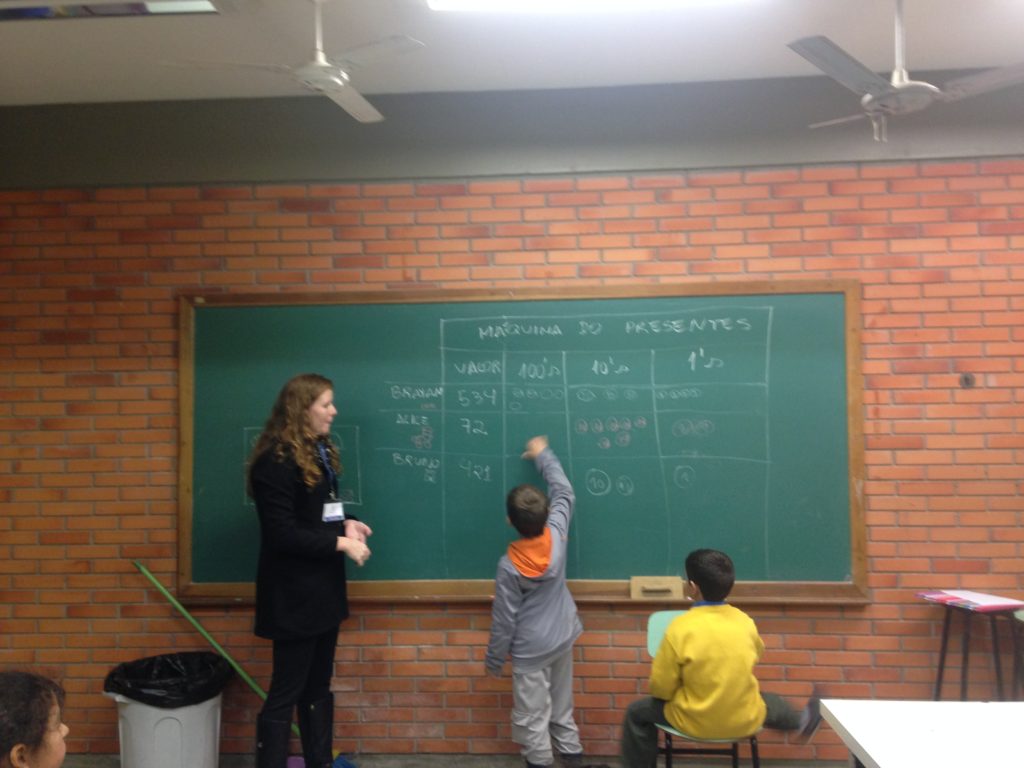
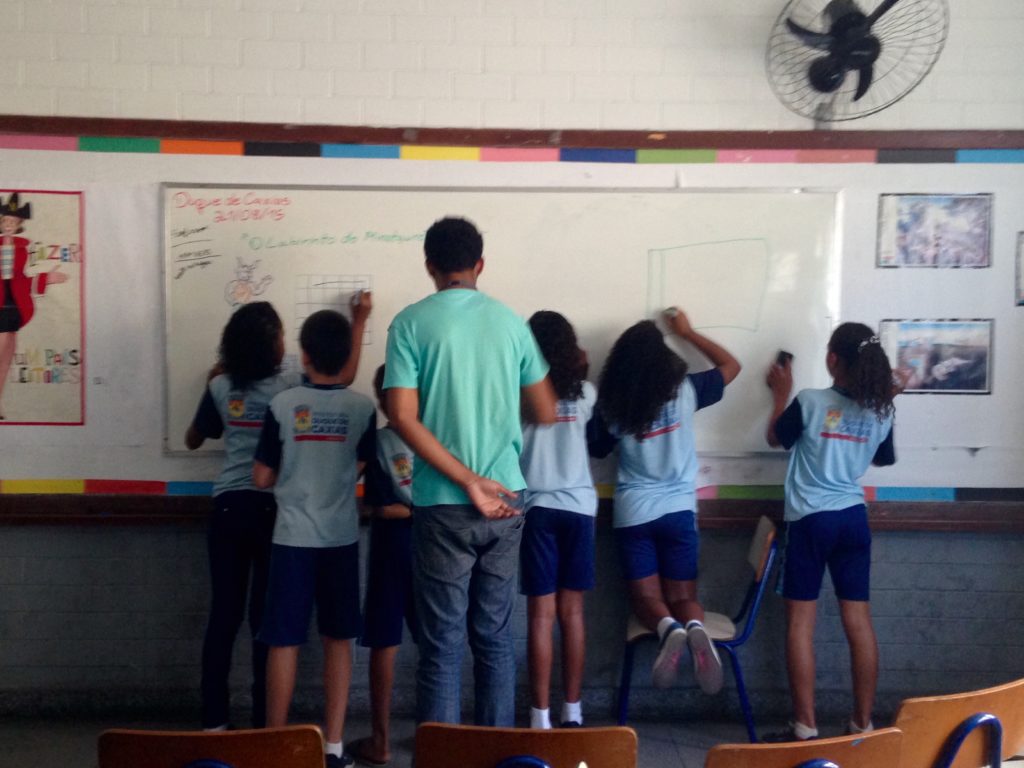
The two surveys were carried out under the project O Círculo da Matemática do Brasil, which since 2013 has been taking The Math Circle approach to schools in the outskirts of major cities, encouraging children’s thinking and their familiarity with mathematics. More than 25,000 students have participated in Circle classes and 4,600 teachers have been trained with this approach. In 2019, in addition to training educators and teaching children, the project is conducting a new research focused on the mental health and well-being of math teachers.
The efforts of initiatives such as Brazil’s Math Circle contrast with another reality: Brazil holds a position of prominence in cutting-edge mathematical research. In 2018, the International Mathematical Union approved the country’s entry into Group 5, which brings together the nations with the most developed research in the area. In addition, in 2014, the Brazilian Artur Ávila became the first Latin American to win the Fields Medal, considered the Nobel laureate in mathematics.
Actions such as the Brazilian Public School Math Olympics (OBMEP) identify, each year, mathematical talents in various areas of the country. However, these young people are not always able to complete their undergraduation courses. A survey by the Brazilian Association of Higher Education Maintainers revealed that 70% of the students interviewed did not go to college after high school, due to lack of funds, and only 23% gave up because they failed to pass the exam to attend a public institution.
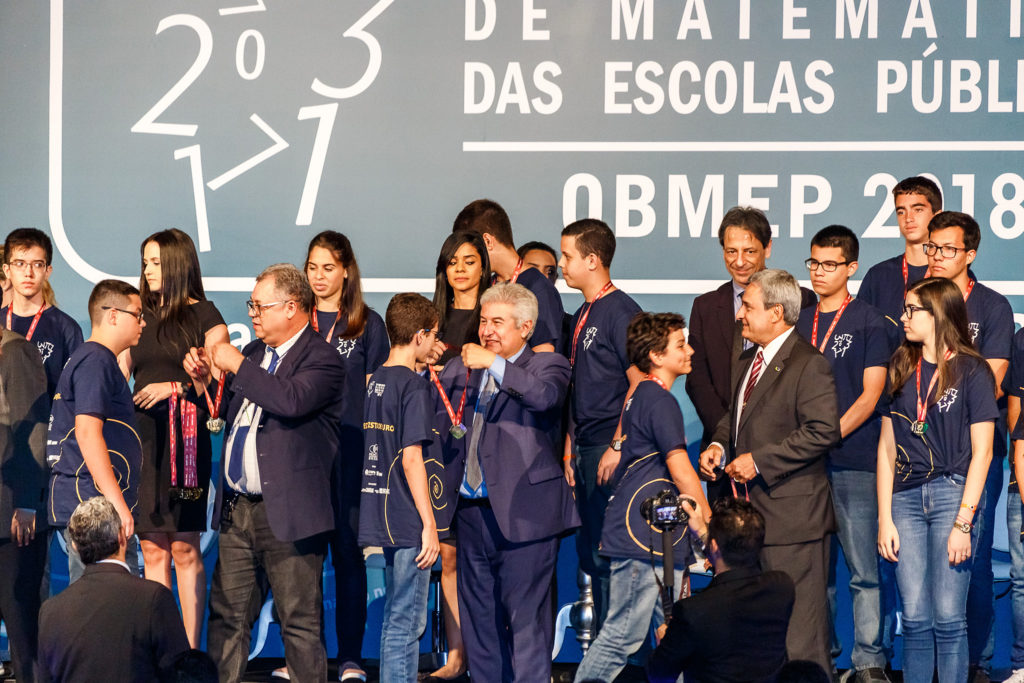
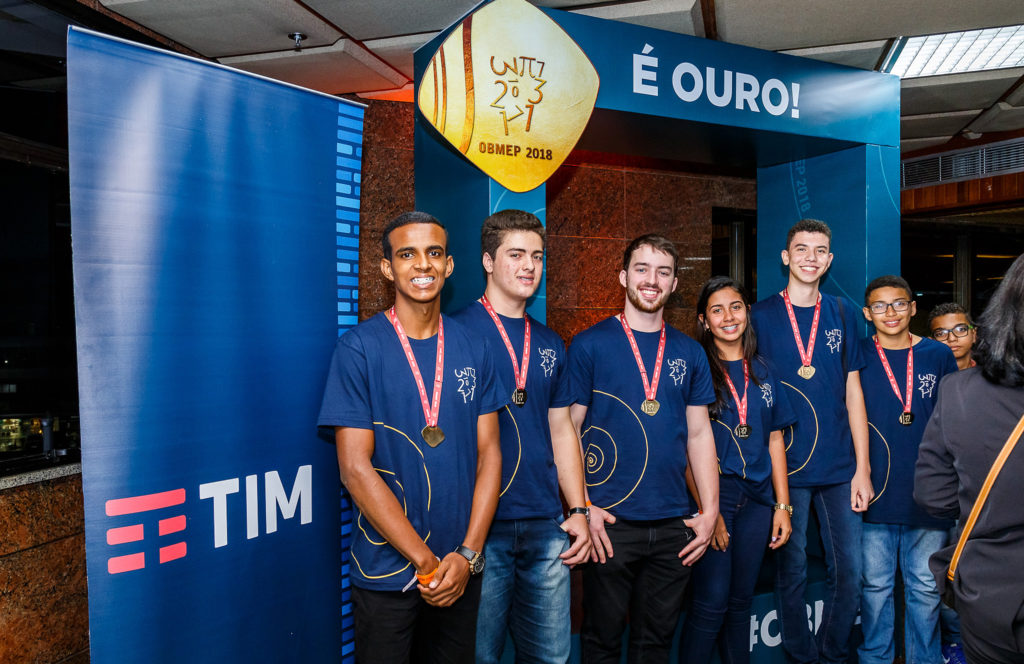
Since 2015, the Instituto TIM partnered with the National Institute of Pure and Applied Mathematics and started granting the Instituto TIM-OBMEP Scholarships – a monthly benefit for young people without resources and who live far from large centers to attend public universities. More than 250 students have participated in the program – young people like Antonio Hilton Passos, who is majoring in Medicine at UFPI; Alex Teixeira da Silva, who studies Computer and Information Engineering at UFRJ; the twins Gabriel and Mateus Queiroz Nunes, who study Statistics at UFPE; or Ana Maria Paludo, Math student at UTFPR. Talented young people who, without their scholarships, would not have been able attend an undergraduate program or would have faced much more difficulties.

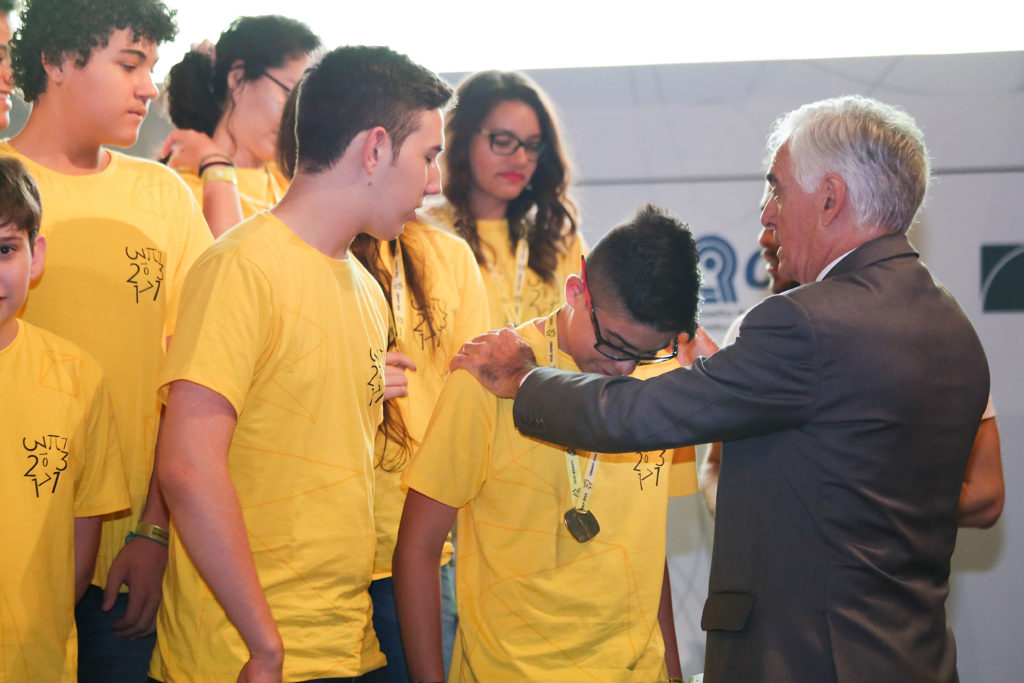
Initiatives such as Brazil’s Math Circle and the Instituto TIM-OBMEP Scholarships reaffirm the Instituto TIM’s commitment to the education of children and young people in Brazil and translate its belief – that every child and young person has the right to an education in science and in mathematics that represents the advances in knowledge production in these areas – into actions. To learn more about Instituto TIM’s Education projects, click here.



